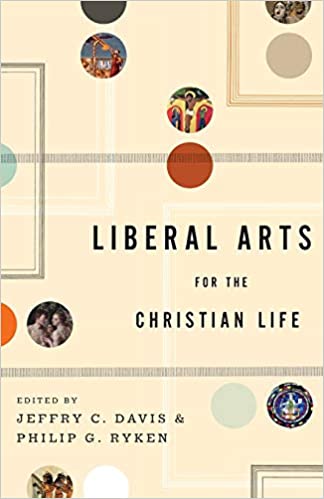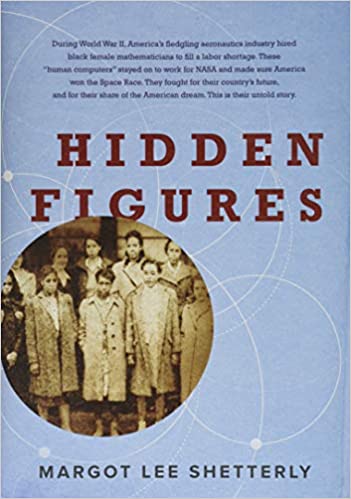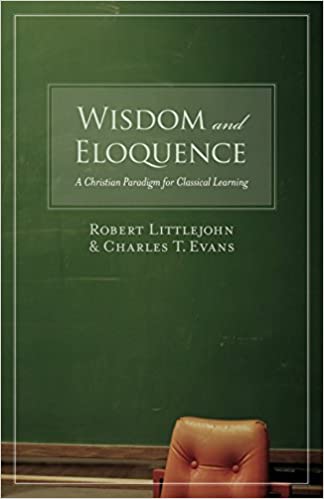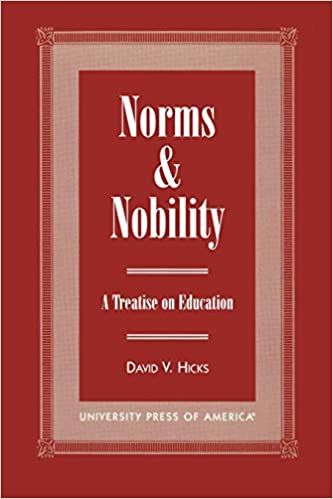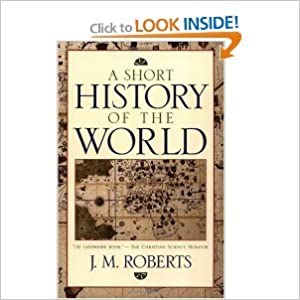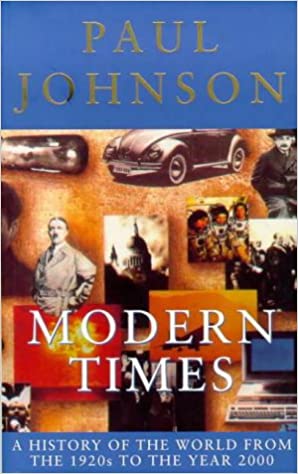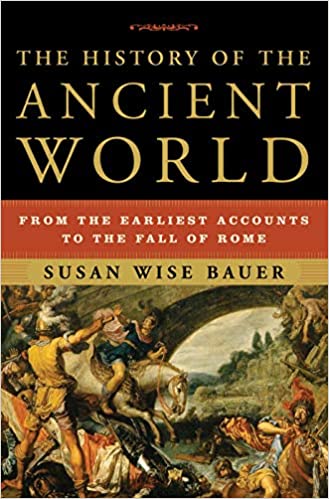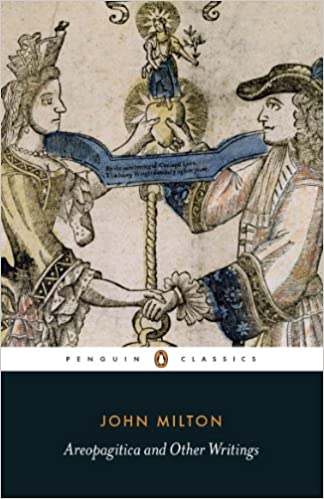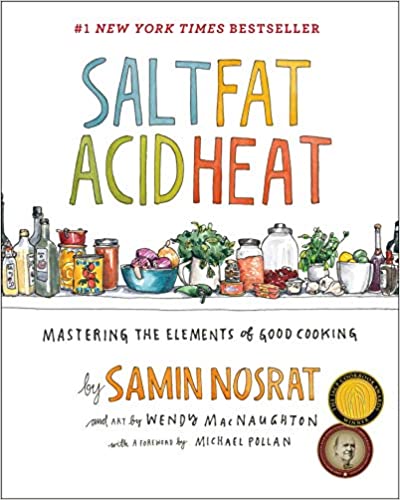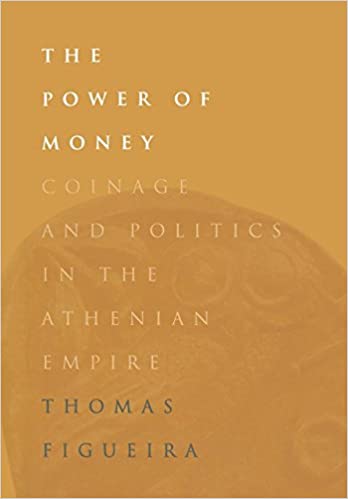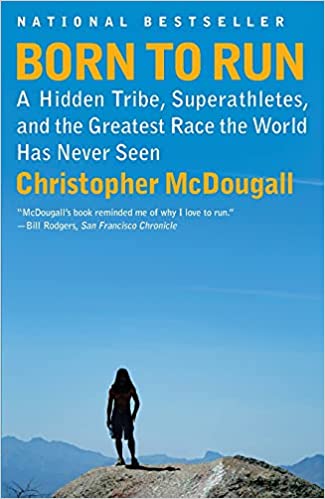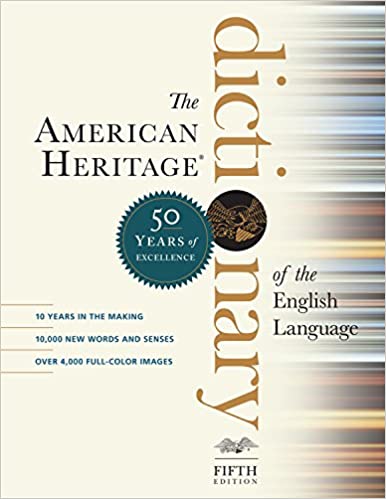Liberal Arts for the Christian Life
For over forty years, Leland Ryken has championed and modeled a Christian liberal arts education. His scholarship and commitment to integrating faith with learning in the classroom have influenced thousands of students who have sat under his winsome teaching. Published in honor of Professor Ryken and presented on the occasion of his retirement from Wheaton College, this compilation carries on his legacy of applying a Christian liberal arts education to all areas of life.
Five sections explore the background of a Christian liberal arts education, its theological basis, habits and virtues, differing approaches, and ultimate aims. Contributors including Philip Ryken, Jeffry Davis, Duane Litfin, John Walford, Alan Jacobs, and Jim Wilhoit analyze liberal arts as they relate to the disciplines, the Christian faith, and the world. Also included are a transcript of a well-known 1984 chapel talk delivered by Leland Ryken on the student’s calling and practical chapters on how to read, write, and speak well.
Comprehensive in scope, this substantial volume will be a helpful guide to anyone involved in higher education, as well as to students, pastors, and leaders looking for resources on the importance of faith in learning.
More info →Hidden Figures: The American Dream and the Untold Story of the Black Women Mathematicians Who Helped Win the Space Race
The phenomenal true story of the black female mathematicians at NASA at the leading edge of the feminist and civil rights movement, whose calculations helped fuel some of America’s greatest achievements in space—a powerful, revelatory contribution that is as essential to our understanding of race, discrimination, and achievement in modern America as Between the World and Me and The Immortal Life of Henrietta Lacks. The basis for the smash Academy Award-nominated film starring Taraji P. Henson, Octavia Spencer, Janelle Monae, Kirsten Dunst, and Kevin Costner.
Before John Glenn orbited the earth, or Neil Armstrong walked on the moon, a group of dedicated female mathematicians known as “human computers” used pencils, slide rules and adding machines to calculate the numbers that would launch rockets, and astronauts, into space.
Among these problem-solvers were a group of exceptionally talented African American women, some of the brightest minds of their generation. Originally relegated to teaching math in the South’s segregated public schools, they were called into service during the labor shortages of World War II, when America’s aeronautics industry was in dire need of anyone who had the right stuff. Suddenly, these overlooked math whizzes had a shot at jobs worthy of their skills, and they answered Uncle Sam’s call, moving to Hampton, Virginia and the fascinating, high-energy world of the Langley Memorial Aeronautical Laboratory.
Even as Virginia’s Jim Crow laws required them to be segregated from their white counterparts, the women of Langley’s all-black “West Computing” group helped America achieve one of the things it desired most: a decisive victory over the Soviet Union in the Cold War, and complete domination of the heavens.
Starting in World War II and moving through to the Cold War, the Civil Rights Movement and the Space Race, Hidden Figures follows the interwoven accounts of Dorothy Vaughan, Mary Jackson, Katherine Johnson and Christine Darden, four African American women who participated in some of NASA’s greatest successes. It chronicles their careers over nearly three decades they faced challenges, forged alliances and used their intellect to change their own lives, and their country’s future.
More info →Wisdom and Eloquence: A Christian Paradigm for Classical Learning
To succeed in the world today, students need an education that equips them to recognize current trends, to be creative and flexible to respond to changing circumstances, to demonstrate sound judgment to work for society's good, and to gain the ability to communicate persuasively.
More info →Norms and Nobility: A Treatise on Education
A reissue of a classic text, Norms and Nobility is a provocative reappraisal of classical education that offers a workable program for contemporary school reform. David Hicks contends that the classical tradition promotes a spirit of inquiry that is concerned with the development of style and conscience, which makes it an effective and meaningful form of education. Dismissing notions that classical education is elitist and irrelevant, Hicks argues that the classical tradition can meet the needs of our increasingly technological society as well as serve as a feasible model for mass education.
More info →A Short History of the World
Mentioned in:
- Episode #69 - Socratic Trialogue (with Renee Shepard!) during the Scholé Every Day segment
Modern Times: A History of the World from the 1920s to the Year 2000
The classic world history of the events, ideas, and personalities of the twentieth century.
More info →The History of the Ancient World: From the Earliest Accounts to the Fall of Rome
A lively and engaging narrative history showing the common threads in the cultures that gave birth to our own.
This is the first volume in a bold new series that tells the stories of all peoples, connecting historical events from Europe to the Middle East to the far coast of China, while still giving weight to the characteristics of each country. Susan Wise Bauer provides both sweeping scope and vivid attention to the individual lives that give flesh to abstract assertions about human history.
Dozens of maps provide a clear geography of great events, while timelines give the reader an ongoing sense of the passage of years and cultural interconnection. This old-fashioned narrative history employs the methods of “history from beneath”―literature, epic traditions, private letters and accounts―to connect kings and leaders with the lives of those they ruled. The result is an engrossing tapestry of human behavior from which we may draw conclusions about the direction of world events and the causes behind them.
13 illustrations, 80 maps
More info →Aeropagitica
From Amazon:
"John Milton was celebrated and denounced in his own time both as a poet and as a polemicist. Today he is remembered first and foremost for his poetry, but his great epic Paradise Lost was published very late in his life, in 1667, and in his own time most readers more readily recognized Milton as a writer of prose. This superbly annotated new book is an authoritative edition of Milton’s major prose works, including Of Education, The Tenure of Kings and Magistrates, and the Divorce tracts, as well as the famous 1644 polemical tract opposing licensing and censorship, Areopagitica."
Salt, Fat, Acid, Heat
From Amazon:
"In the tradition of The Joy of Cooking and How to Cook Everything comes Salt, Fat, Acid, Heat, an ambitious new approach to cooking by a major new culinary voice. Chef and writer Samin Nosrat has taught everyone from professional chefs to middle school kids to author Michael Pollan to cook using her revolutionary, yet simple, philosophy. Master the use of just four elements—Salt, which enhances flavor; Fat, which delivers flavor and generates texture; Acid, which balances flavor; and Heat, which ultimately determines the texture of food—and anything you cook will be delicious. By explaining the hows and whys of good cooking, Salt, Fat, Acid, Heat will teach and inspire a new generation of cooks how to confidently make better decisions in the kitchen and cook delicious meals with any ingredients, anywhere, at any time."
More info →The Power of Money: Coinage and Politics in the Athenian Empire
Was Athens an imperialistic state, deserving all the reputation for exploitation that adjective can imply, or was the Athenian alliance, even at its most unequal, still characterized by a convergence of interests?
The Power of Money explores monetary and metrological policy at Athens as a way of discerning the character of Athenian hegemony in midfifth-century Greece. It begins with the Athenian Coinage Decree, which, after decades of scholarly attention, still presents unresolved questions for Greek historians about content, intent, date, and effect. Was the Decree an act of commercial imperialism or simply the codification of what was already current practice?
Figueira interprets the Decree as one in a series concerned with financial matters affecting the Athenian city-state and emerging from the way the collection of tribute functioned in the alliance that we call the Athenian empire. He contends that the Decree served primarily to legislate the status quo ante.
More info →Born to Run: A Hidden Tribe, Superathletes, and the Greatest Race the World Has Never Seen
The astonishing national bestseller and hugely entertaining story that completely changed the way we run.
An epic adventure that began with one simple question: Why does my foot hurt?
Isolated by Mexico's deadly Copper Canyons, the blissful Tarahumara Indians have honed the ability to run hundreds of miles without rest or injury. In a riveting narrative, award-winning journalist and often-injured runner Christopher McDougall sets out to discover their secrets. In the process, he takes his readers from science labs at Harvard to the sun-baked valleys and freezing peaks across North America, where ever-growing numbers of ultra-runners are pushing their bodies to the limit, and, finally, to a climactic race in the Copper Canyons that pits America’s best ultra-runners against the tribe. McDougall’s incredible story will not only engage your mind but inspire your body when you realize that you, indeed all of us, were born to run.
More info →The American Heritage Dictionary of the English Language
A major revision of the Fifth Edition of The American Heritage® Dictionary of the English Language, the premier resource about words for people who seek to know more and find fresh perspectives. This new printing, which marks the 50th anniversary of the publication of the original American Heritage Dictionary, presents the most up-to-date research about the words in our language in an accessible and elegant design, featuring thousands of revisions, including more than 150 new words and senses.
This is the fiftieth anniversary printing of The American Heritage® Dictionary of the English Language. This beloved dictionary has become the premier resource for anyone who wants to know precisely what words mean, where they come from, and how to use them effectively. It is renowned for presenting accurate and comprehensible definitions, etymologies based on the latest research, and authoritative usage guidance from the celebrated American Heritage Usage Panel.
The fifth edition of the dictionary, published in 2011, included 10,000 new words and senses, as well as 4,000 new full-color images. This comprehensive update continues the tradition of exhaustive research and thorough review. Thousands of revisions to definitions and etymologies, 150 new words and senses, and new usage advice make this updated printing the most current print dictionary of its size available today.
The American Heritage Dictionary combines clear, precise definitions with useful features that make it easier to choose your words and express yourself clearly. Your words really do define you. Make the most of them with the guidance of this respected work of reference.
More info →
